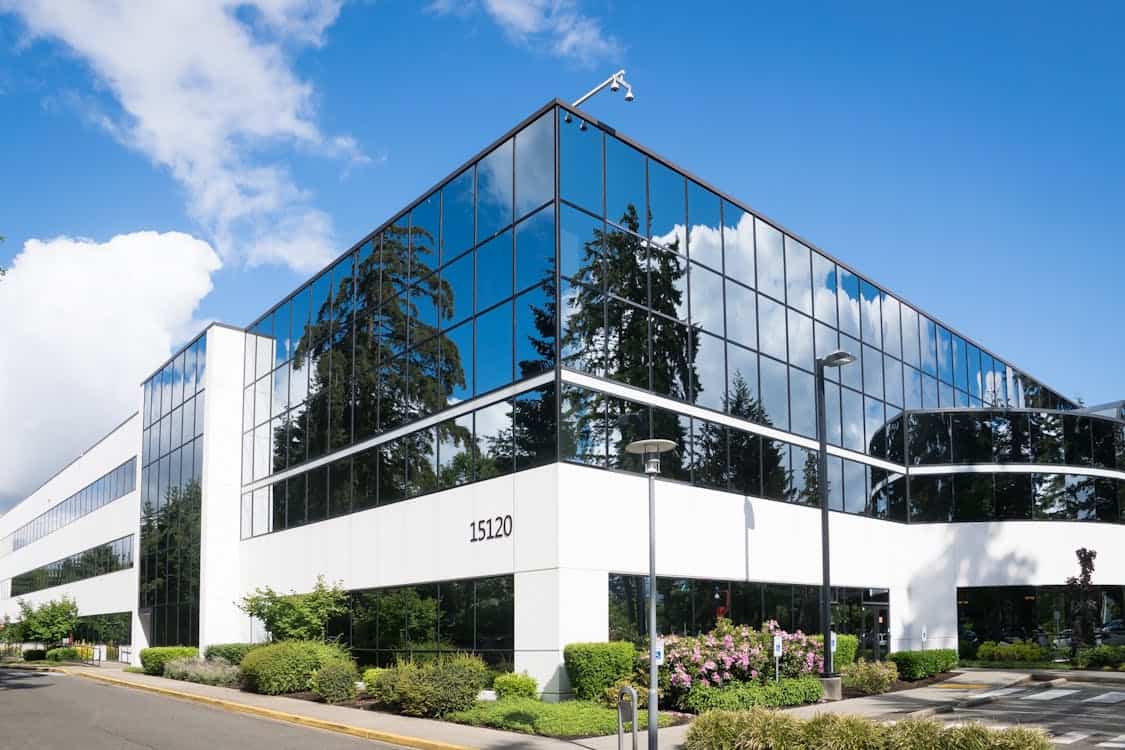Commercial real estate has always had a certain pull. It’s a step up from residential—more stable, often more profitable, and packed with long-term potential.
But here’s the thing: it also plays by a different set of rules. That’s why jumping in without the right prep can cost more than you expect.
If you’re thinking about buying a commercial property for the first time, these tips can help you move forward with confidence—and fewer surprises.
1. Know the Types of Commercial Real Estate
Not every industrial building works the same way. Some bring steady returns. Others require more hands-on involvement. For example, office buildings typically attract long-term tenants—law firms, medical clinics, and startups. Then there’s retail, like storefronts or salons, which can do really well if they’re in high-traffic spots.
On the industrial side, warehouses and storage facilities are often low-maintenance and consistent performers. Multifamily properties, if they have five or more units, also count as commercial. And mixed-use buildings? Those combine residential and industrial spaces—offering multiple income sources but more to manage, too.
The key is matching the property type to your own risk level and income goals. What sounds good on paper might not be the right fit in real life.
2. Understand the Local Market First
A great building won’t do much if it’s in the wrong location. That’s why it’s so important to research the area before you buy.
You’re not just checking maps. Look at things like job growth, new businesses, and how much demand there is for rentals. Also, find out if the area is expected to grow over the next few years. For example, available Northwest Arkansas commercial property listings are getting a lot of attention today. The area is growing fast, with more people moving in and small businesses opening up. That’s a strong sign for future value.
Talking to local brokers or real estate pros who really know the neighborhoods can give you a view you won’t get from listings alone. They can point out hidden gems or alert you to spots that are losing traction. In a fast-moving market, that insight can make or break a deal.
3. Evaluate Long-Term ROI, Not Just Price
Let’s be honest—cheaper properties are tempting. But in industrial real estate, it doesn’t always mean better.
You’ll want to look deeper. How much income does the property actually generate? What are the ongoing expenses? Is it easy to keep renting? These answers affect your long-term return more than the initial purchase price.
Get familiar with terms like cap rate and net operating income. They’re not just fancy math—they help you figure out if a building is really worth it. A higher-priced place with a strong lease and good tenants might bring in more money with less stress than a low-cost building that sits empty half the year.
4. Financing Isn’t One-Size-Fits-All
Buying industrial buildings comes with different lending rules. You’ll often need more money down—sometimes 20% to 30%—and lenders will be much more focused on how the real estate performs financially.
There are a few ways to finance: traditional commercial loans, SBA loans for small businesses, or even bridge loans for short-term needs. Each one works differently, so it’s smart to shop around.
Be ready with clear financials, lease details, and your business plan for the property. The more organized you are, the more loan options you’ll likely have.
5. Don’t Skip Due Diligence
This is where a lot of new investors trip up. Due diligence means checking every detail before you finalize the deal. This includes building inspections, lease reviews, zoning research, and environmental assessments. Some investors skip these to close quickly—and end up paying for it later.
You want to know exactly what you’re buying. That weird clause in a lease or a roof that hasn’t been touched in 20 years? Those can change your costs quickly. Due diligence isn’t about being picky—it’s about protecting your future cash flow.
6. Work with Specialists
No one nails their first commercial deal alone. The people you work with matter—a lot. An industrial real estate agent can help you spot deals, negotiate better, and understand what’s fair in your market. A real estate attorney can flag tricky terms in contracts. You’ll also need an inspector, maybe an appraiser, and sometimes a property manager if you won’t be handling it day-to-day.
Trying to do it all yourself might save a few dollars upfront, but it could cost thousands if you miss something big. Good professionals earn their keep by helping you avoid those risks altogether.
Conclusion
Commercial investing isn’t about rushing. It’s about being strategic. You don’t have to grab the biggest property or the flashiest space. What matters is getting the basics right—buy in the right area, understand your numbers, and make sure you’re buying something you can manage.
And remember, even seasoned investors started with one real estate. So, the key is to make that first one count.

